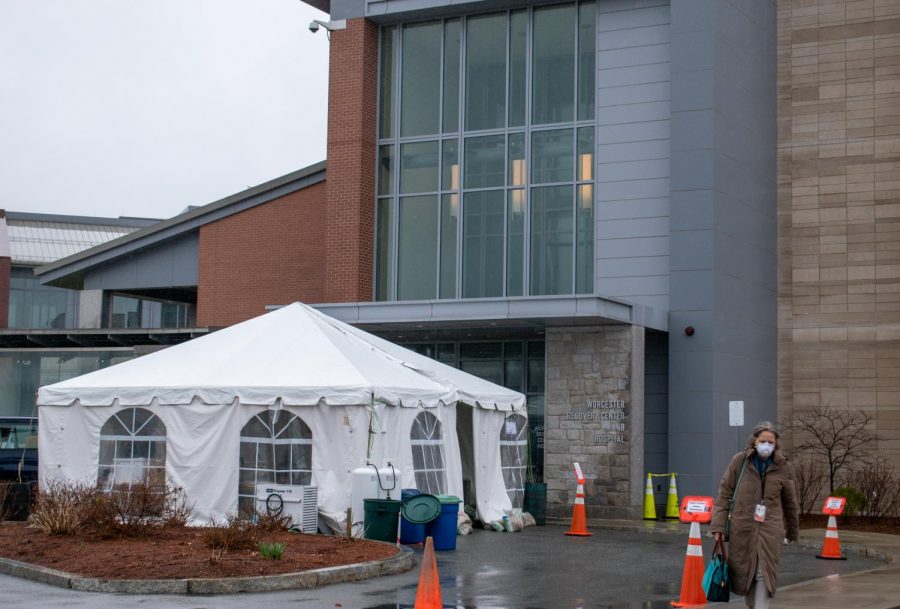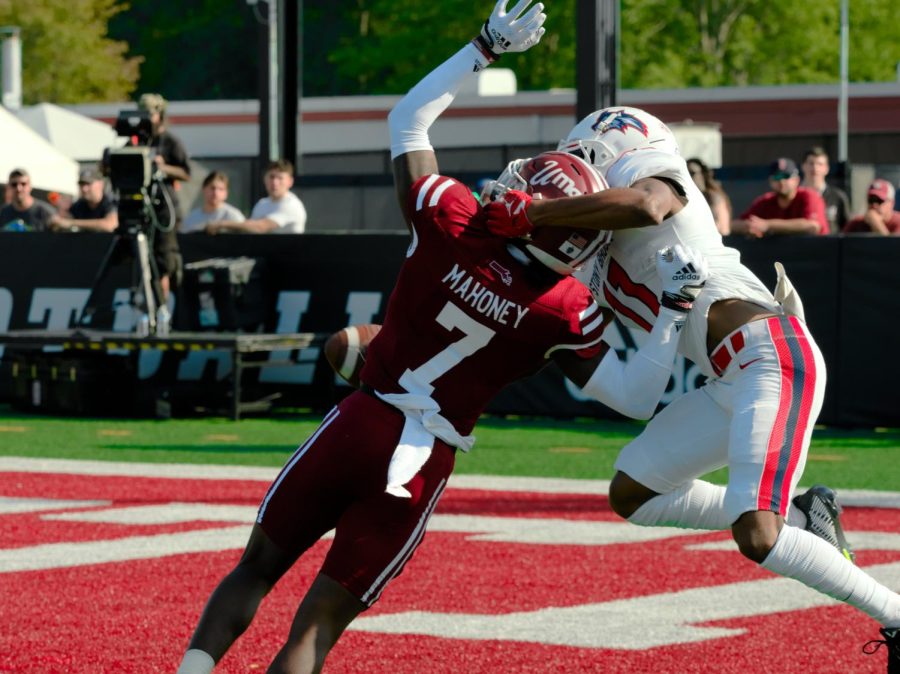With the return of in-person learning this year at the University of Massachusetts, professors and teaching assistants have been given new protocols for teaching amidst a pandemic.
The Public Health Promotion Center provided information about safety measures in an email to faculty on Jan. 15 in preparation for the Spring 2021 semester. Many of the protocols outlined in the email are still in place this fall semester.
According to the email, when a student tests positive for COVID-19, professors do not need to take any measure and can continue class as usual.
“It is extremely important that faculty/instructors treat any private health information you may directly or indirectly receive in a confidential manner and not share information on a student testing positive in your class,” the email read.
Discussion between professors and administration regarding these confidentiality measures sparked due to the concern as to why instructors are not allowed to let their students know that their peer tested positive for the coronavirus.
Marc Liberatore, a computer science professor voiced his concerns regarding the current protocol implemented by administration.
“You are supposed to not disclose to the class either the name of the student, which makes sense to me, or even the very fact that there was a student that tested positive, that makes less sense to me,” Liberatore said.
While these concerns have been raised to administration, they are not shared amongst all faculty.
“The administration has, I think, been very good at making it clear that we have to protect student rights,” Clement Seldin, professor emeritus in the College of Education, said. “I think we are doing what should be done, I think you could really alarm people.”
The current protocol also emphasizes that instructors will not be notified by the public health team if one of their students contracted COVID-19 unless they are identified as a possible contact through contact tracing. Instead, the student must contact the faculty member directly to make accommodations for missed class time.
In a message from the provost and the Massachusetts Society of Professors, faculty were given multi-step instructions with regard to dealing with students who refuse to wear a mask.
“If the student refuses, ask them to leave the classroom,” the message stated. “If the student refuses to leave, end the class and vacate the room.”
Cosku Mihci, a teaching assistant in the economics department, finds it frustrating to teach while making sure that students are complying with the indoor mask rule.
“My teaching efficiency is decreasing,” Mihci said. “I have to check that students are putting their masks on, and I have to teach at the same time.”
Professors and teaching assistants also share similar concerns over the vagueness of the UMass COVID-19 Dashboard. The dashboard illustrates the weekly positive tests in the UMass community as well as the number of hospitalizations and amount of quarantine space.
“On campus and off campus that’s great, but how about vaccinated or unvaccinated? There are a lot of things where it would be helpful to know more, and honestly I think people knowing more would put more people at ease,” Liberatore said.
Seldin teaches honors classes with no more than 24 people, but has dealt with students missing class due to COVID-19 exposure.
“That worries me that they’re missing stuff, that they’re not feeling well,” Seldin said. “They have a right to be in the class as best we can do and that’s why Zoom has been tremendously helpful.”
Despite these concerns, faculty generally feel safe returning to in-person teaching and are content to be back in the classroom.
“By now I’m less concerned,” Seldin continued. “I’m more focused on the material, so that change has happened.”
Liberatore taught in-person classes during the Spring 2021 semester and now teaches smaller classes of about 15 to 19 people.
“Last semester in some ways I felt a little safer because so much distancing was happening and the attention being paid to masks and ventilation was greater,” Liberatore said. “This semester I still feel relatively safe, but again I have these small classes that are in relatively large classrooms.”
“I’m not going to say that it was worse as an instructor than as a student, but it was no picnic for us either,” Liberatore said regarding online learning. “We are generally happy to be back in the classroom right now. We just want it to be safe for everyone.”
Jack Underhill can be reached at [email protected] and followed on Twitter @JackUnderhill16.




















